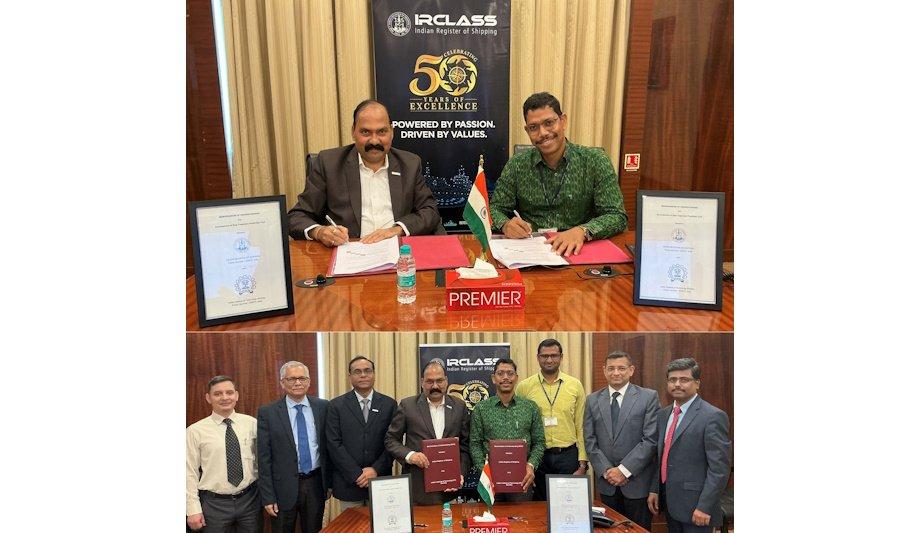Indian Register of Shipping (IRS) and the Indian Institute of Technology Bombay (IIT Bombay) have signed a Memorandum of Understanding (MOU) aimed at advancing maritime safety through the development of a ship trajectory prediction tool.
The trajectory prediction of disabled ships is a critical aspect of maritime safety, facilitating early warnings and rescue operation planning. Understanding and predicting the movement of disabled ships and floating objects drifting in the open sea, under the influence of location-specific environmental conditions, is essential for timely and effective response and rescue efforts.
IRS ERS software programs
The project aims to create a computer program with automated report-generation capabilities
As part of the collaborative effort, the proposed work will focus on developing a trajectory prediction tool for disabled ships and floating objects. This tool will enable quick response for locating the drifting vessels, as well as rerouting nearby vessels to improve maritime safety.
Furthermore, the project aims to create a computer program with automated report generation capabilities, intended for integration into existing IRS Emergency Response System (ERS) software programs.
Safety, rescue and support operations
Prof. Manas Behera and Prof. VK Srineash of IIT Bombay stated that this collaboration and initiative emphasises the commitment of IIT Bombay, an Institute of Eminence, towards active industry-academia interaction for achieving several National Goals. The project, under the current initiative, aims to develop ‘Made in India’ software system and will enhance maritime safety, rescue and support operations.
Mr. P K Mishra, Joint Managing Director of IRS, said: "This collaboration between IRS and IIT Bombay underscores our shared commitment to leveraging technology and expertise to enhance maritime safety and response capabilities. By combining resources and knowledge, the partnership aims to develop innovative solutions that will contribute to safety of ships and life at sea."


